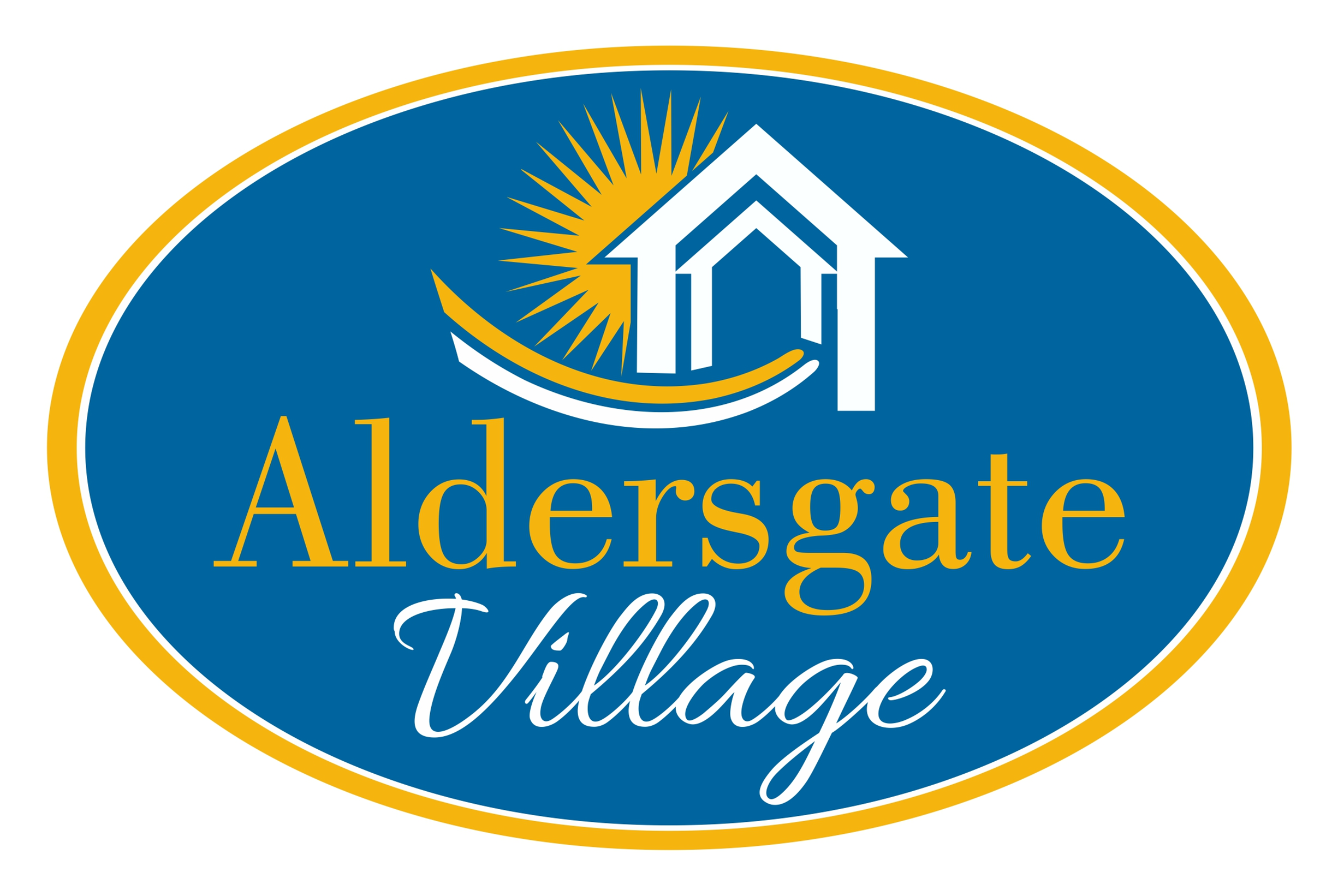Questions and Answers
How does Life Lease differ from a Condo?
Condominium
When you buy a condominium unit, whether a townhouse or apartment, you own that unit in the same way you would own a house. You have title to your unit and non-exclusive use of the common areas in the project. Owners wishing to sell their unit may do so on the open market to whomever they wish at market value.
Each condominium owner is a member of the condomimium corporation and the members elect or appoint a Board of Directors to oversee the operation of the development. The Board is responsible for maintenance items from grass-cutting and snowplowing to repairing the roof when it leaks; it is also responsible for managing the financial affairs of the condominium project, including the setting, collecting, investing and spending of the monthly condo fees and the reserve fund.
Life Lease Housing
Life Leases more readily respond to the needs of a particular group of purchasers having common interests like seniors, who may be quite independent today but may require support services tomorrow. With Life Lease, there is only one owner of the project, usually a non-for-profit or charitable corporation which accepts the ongoing responsibility of managing the operation on behalf of all the lease holders who have purchased a unit therein. Sponsor groups of Life Lease projects have included churches, multi-cultural groups, nursing and retirement home operators, and municipalities. Actual ownership and title of the Life Lease development remains in the name and protection of this non-profit organization, in this case Aldersgate Garden Homes Inc.
The owner of an individual Life Lease unit has the exclusive right to occupy the suite they select and to use the common facilities of the development for as long as they desire or are able. These owners purchase their lease, normally at market value, similar to purchasing a home or condominium.
Upon taking possession of their suite, they would pay a monthly occupancy fee, similar to a condo fee, for their share of the common costs including interior and exterior maintenance, management, insurance and reserve fund. When the owner or their estate wish to sell or transfer their lease, they receive the market value of their unit, similar to a condominium or detached home. Therefore it is "the market" that determines what the leasehold ownership or life lease is worth.
Under a Market value life lease, what happens to my life lease interest when I wish to sell or upon my death?
Upon death, your market value life lease interest transfers to your estate which may decide to retain your interest and suite, or to transfer or sell it to another party at the market value at that time. It is up to you or your estate to establish the selling price and negotiate the final transfer, the same as owning a home or condominium. Aldersgate Garden Homes Inc. will assist you or your estate in every way possible to find a suitable purchaser for your life lease interest when you wish to sell. Although Aldersgate has the first right of refusal to purchase your life lease interest, it does not guarantee a buyer nor is it obligated to purchase your interest. However, past experience with market value life lease projects indicates that a substantial waiting list will develop. Further, to ensure that Aldersgate Village continues to be a community of seniors who share common interests, there are certain restrictions on future sales or transfers of the life lease. One such condition is that future owners of the life lease interest must be approved by Aldersgate Garden Homes Inc.
Owners or estates wishing to sell may either locate their own buyer or access names from a waiting list which will be maintained for Garden Homes. Under both of these circumstances, you or your estate may negotiate whatever price you wish. Upon transfer of your lease, Aldersgate Garden Homes Inc. will retain a 5% administrative transfer fee.
If my spouse is over 55 and I am younger, what happens if my spouse should pass away before I am 55?
The age restriction for residents of Aldersgate Garden Homes is over 55 years of age or older. Spouses under the age of 55 are allowed to reside within your suite, however, they will appear on the Life Lease Occupancy Agreement as an owner of the Life lease interest, not as an eligible resident of the suite until they are 55. If you are still under 55 when your spouse passes away, Aldersgate may grant an exception to this age requirement. The intent of this age restriction is to preserve the adult nature of Aldersgate, not to be enforced unreasonably.
Can I register my agreement under a market value model?
Yes, in fact, we encourage you to register your lease on title to Aldersgate Garden Homes Inc. property. Registration will ensure that your life lease interest in The Garden Homes is formally acknowledged and, once registered, you will receive notice of any future easements, encumbrances, liens, etc. which may affect property.
Do I have to pay Land Transfer Tax under a market value life lease arrangement?
No. In April 2004 the Ontario Ministry of finance approved the exemption from land transfer tax for certain transfers of life lease interests. For more information see the Land Transfer Tax Act (O. Reg. 88/04) and Ontario's other public statutes and regulations online at e-laws.gov.on.ca
Should you have any other questions regarding Aldersgate Garden Homes or Life Lease Agreements, please don't hesitate to contact us today.
